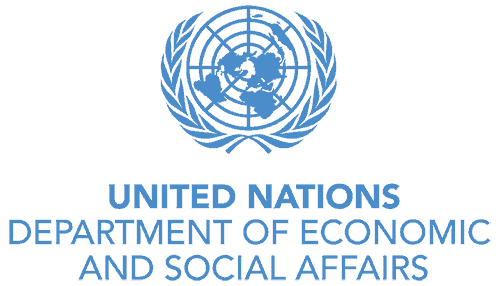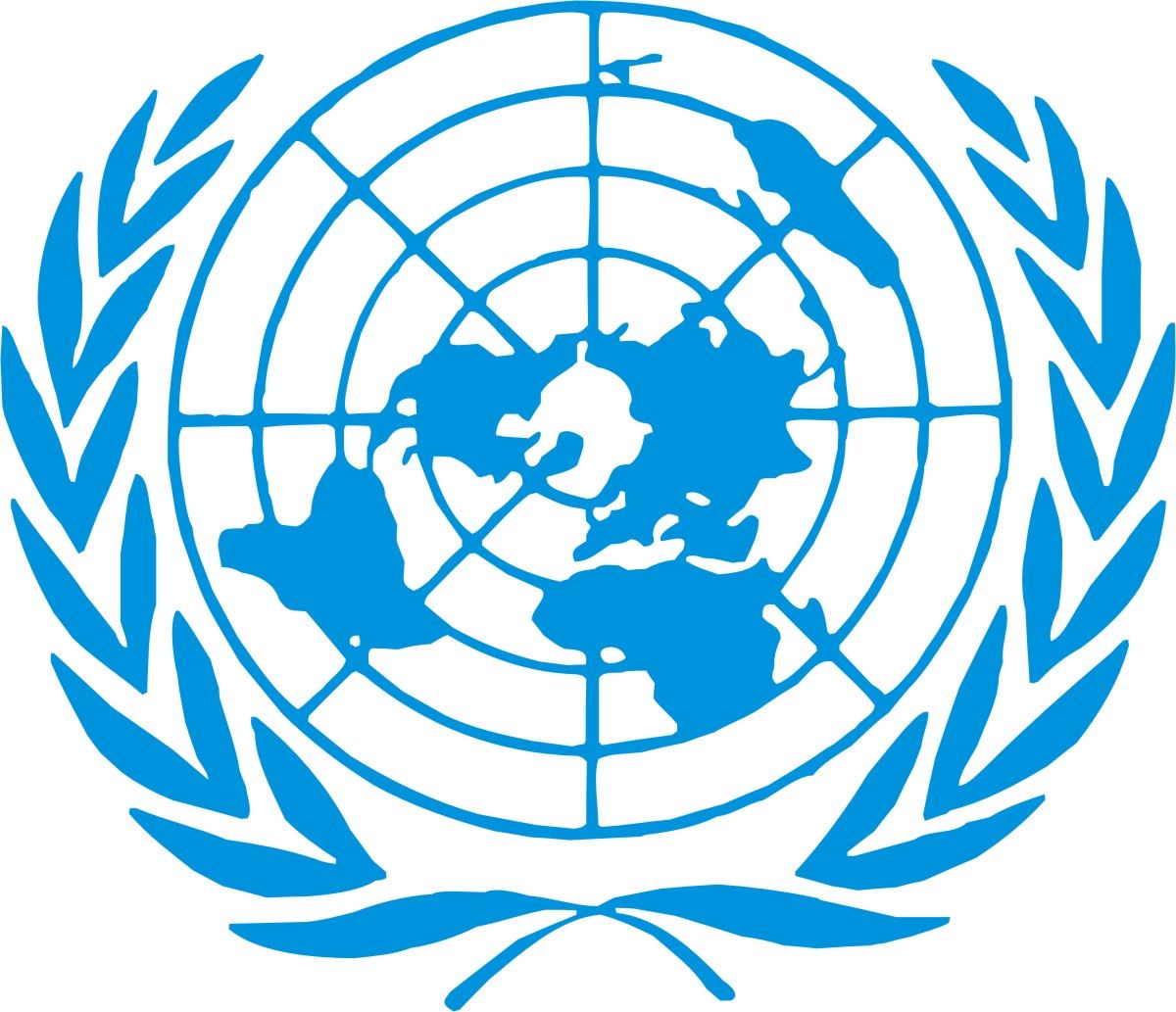Location
The United Nations Economic and Social Council (ECOSOC; French: Conseil économique et social des Nations unies, CESNU) is one of the six principal organs of the United Nations, responsible for coordinating the economic and social fields of the organisation, specifically in regards to the 15 specialised agencies, the eight functional commissions and the five regional commissions under its jurisdiction.
The Council serves as the central forum for discussing international economic and social issues and formulating policy recommendations addressed to member states and the United Nations system. A number of non-governmental organisations have been granted consultative status to the Council to participate in the work of the United Nations.
Members:
Resources
Displaying 16 - 20 of 224Principles, methodology and strategy for promoting the African green revolution : a design and training manual
Now and again, it has been argued that lack of appropriate/improved technologies and non-use of complementary improved inputs are the root causes of the African vicious circle of low agricultural productivity, food shortage, low income and perpetual poverty. These constraints necessitate the African countries putting the applications of science and technology at the core of their vision and strategies for food security, poverty eradication and sustainable development.
Information age government: Success stories of online land records & revenue governance from India : executive summary
The manual systems of maintaining land records in India are as diverse as the country itself. The traditional methods have been changing over the years in each state according to local practices and traditions. The procedure for recording transfer and ownership of lands, shares and inheritance is generally based on a particular Identity number for each plot of land. Revenue assessment and agricultural yield related data are also recorded against that specific identification number.
Presentation:sample "best practices" in management of nexus issues in africa
This paper contains presentation sample “best practices “in management of Nexus issues in Africa.
Technological transitions: technical upgrading of indigenous food technologies in Africa
This paper highlights the importance of food processing and preservation as an essential component of national strategic plans for food security. Features of indigenous technologies are discussed. Experiences in upgrading indigenous technologies for food processing in Africa as well as examples of current best practices are given.



